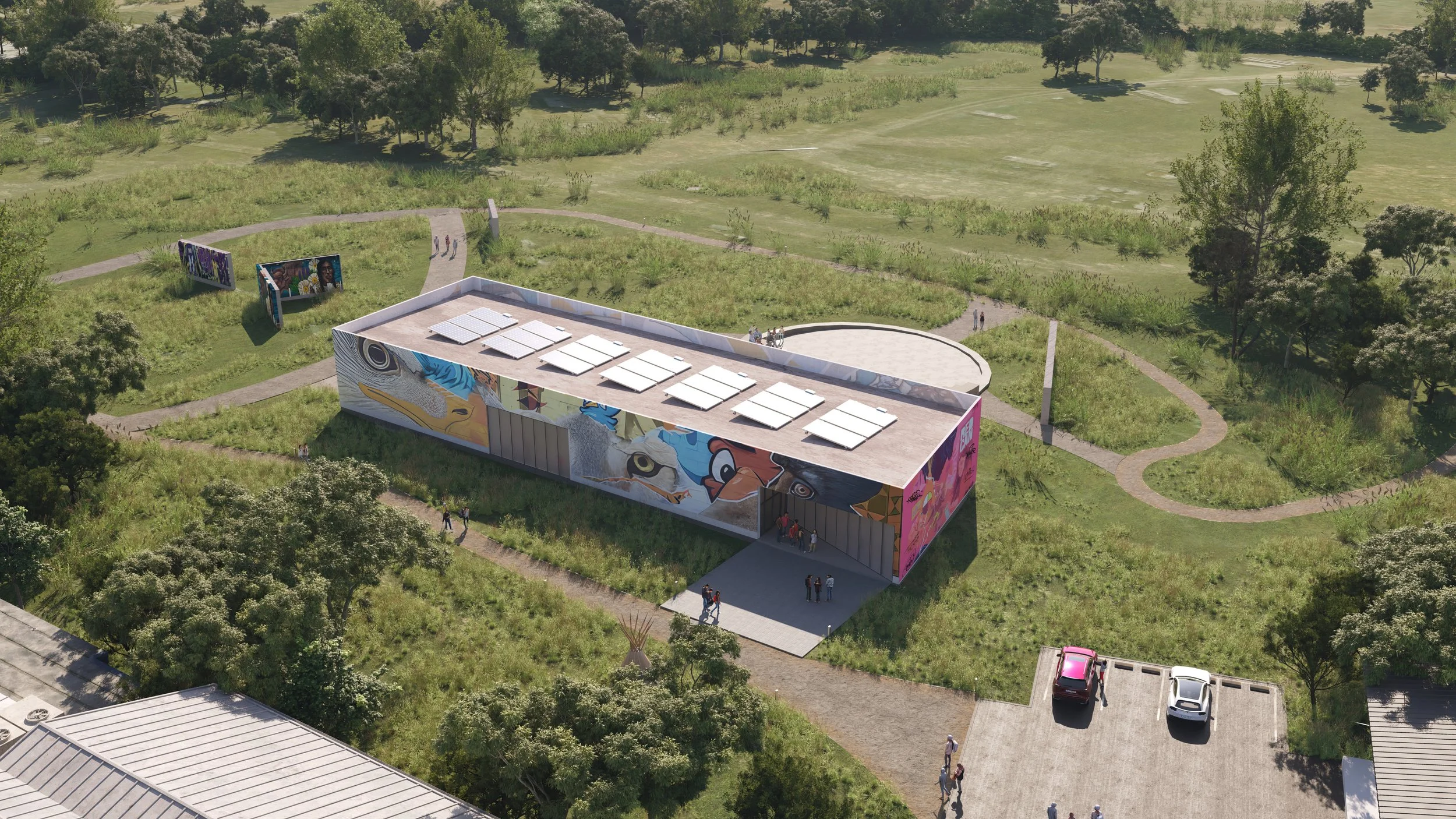Impact Spotlight
Installing 30 solar panels to power gynecological and obstetric care for 5,000 Indigenous women, girls, and LGBTQ+ people
Reducing diesel reliance by 95%, enabling refrigerated medicine storage and essential surgical equipment
Training 300 Indigenous families in system maintenance and emergency response
About
For generations, the Emberá people have protected Colombia’s forests through ancestral stewardship. But today, they face a crisis: the collapse of public infrastructure and a history of systemic exclusion has left their only health clinic without power—jeopardizing lives and reproductive autonomy. Since 2023, 95% of gynecological services have been suspended due to power outages. Maternal mortality has surged by 45%, and up to 80% of essential medicines have been lost without refrigeration.
Women for Biodiversity Org addresses this crisis through solar justice. In 2024, in partnership with the Honnold Foundation, they installed 20 solar panels powering a clean water system for 5,000 residents. Now, with Indigenous leadership and support from HF, they’re scaling their impact—installing clinic-grade solar infrastructure to ensure that no one is denied care because of energy access. Through deep community partnerships, training programs, and advocacy, they’re transforming solar energy into a tool for sovereignty, safety, and equity.
“This project brings us light and life, like the sun that feeds us every day. It teaches us to care for our land and water, and helps us keep our traditions alive. It is a bridge between the past of our ancestors and a sustainable future for our children.”
HF Partnership
With renewed funding from the Honnold Foundation, Women for Biodiversity ORG is launching a solar expansion project in the Colombian Andes to power the only clinic serving Emberá Indigenous communities. The system—30 panels generating 12 kWh/day—will restore gynecological and obstetric services for over 5,000 women, girls, and LGBTQ+ people, enabling safe childbirth, emergency care, and access to reproductive rights, including legal abortion.
The project also includes training for 300 families in solar maintenance, and strengthens an Indigenous technical committee already resolving 85% of system issues without outside help. By replacing diesel generators with reliable, community-managed solar energy, the project builds long-term health resilience and positions the Emberá as leaders in climate-adaptive healthcare. HF’s continued support ensures that energy access goes hand in hand with health equity and Indigenous autonomy.
Resources
In the News







